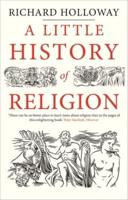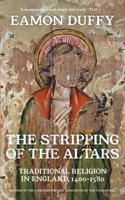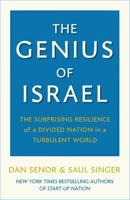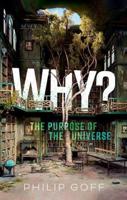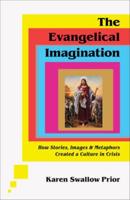Publisher's Synopsis
Kierkegaard readers are familiar with his dogged polemic against Hegelianism, his critique of Friedrich von Schlegels Romantic irony, and his visit to Schellings lectures in Berlin. However, these are only a few well-known examples of a much deeper relation of influence and inspiration. Kierkegaard read German fluently and was interested in many different authors and thinkers from the German-speaking countries. The auction catalogue of his personal library reveals a wealth of works in German from a number of different fields. Given his famous criticisms of the Hegelians, Schlegel, and Schelling, one might be tempted to believe that Kierkegaard was anti-German. But this is clearly not the case since he had high praise for some German thinkers such as Hamann, Lessing and Trendelenburg. The present work is dedicated to an exploration of Kierkegaards relation to different aspects of Germanophone culture. Its goal is to gain a better appreciation of the importance of his various German sources for his thought. The points of contact are so numerous that it can truly be said that if it were not for the influence of German culture, Kierkegaard would not have been Kierkegaard and the Danish Golden Age would not have been the Golden Age.

